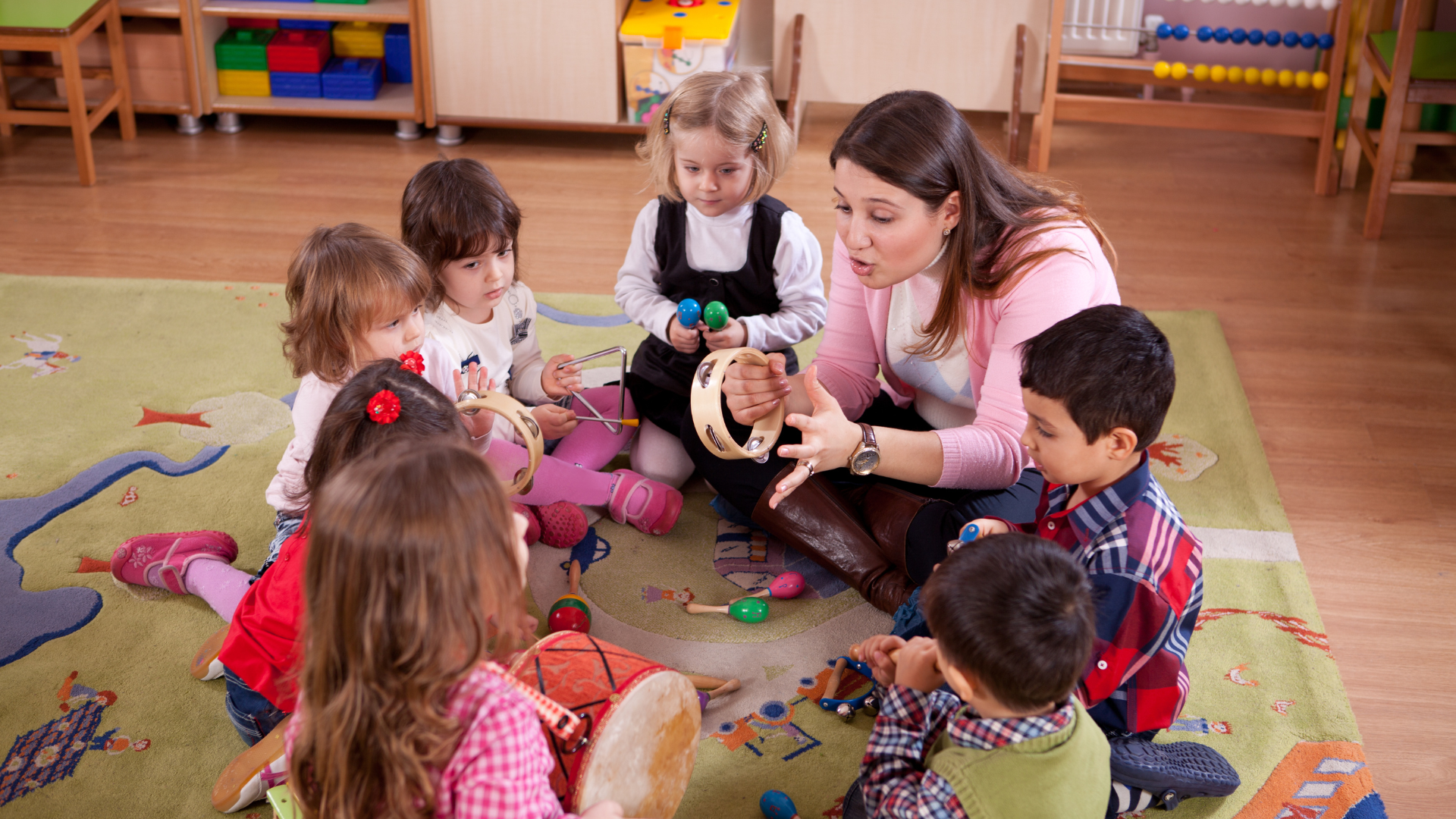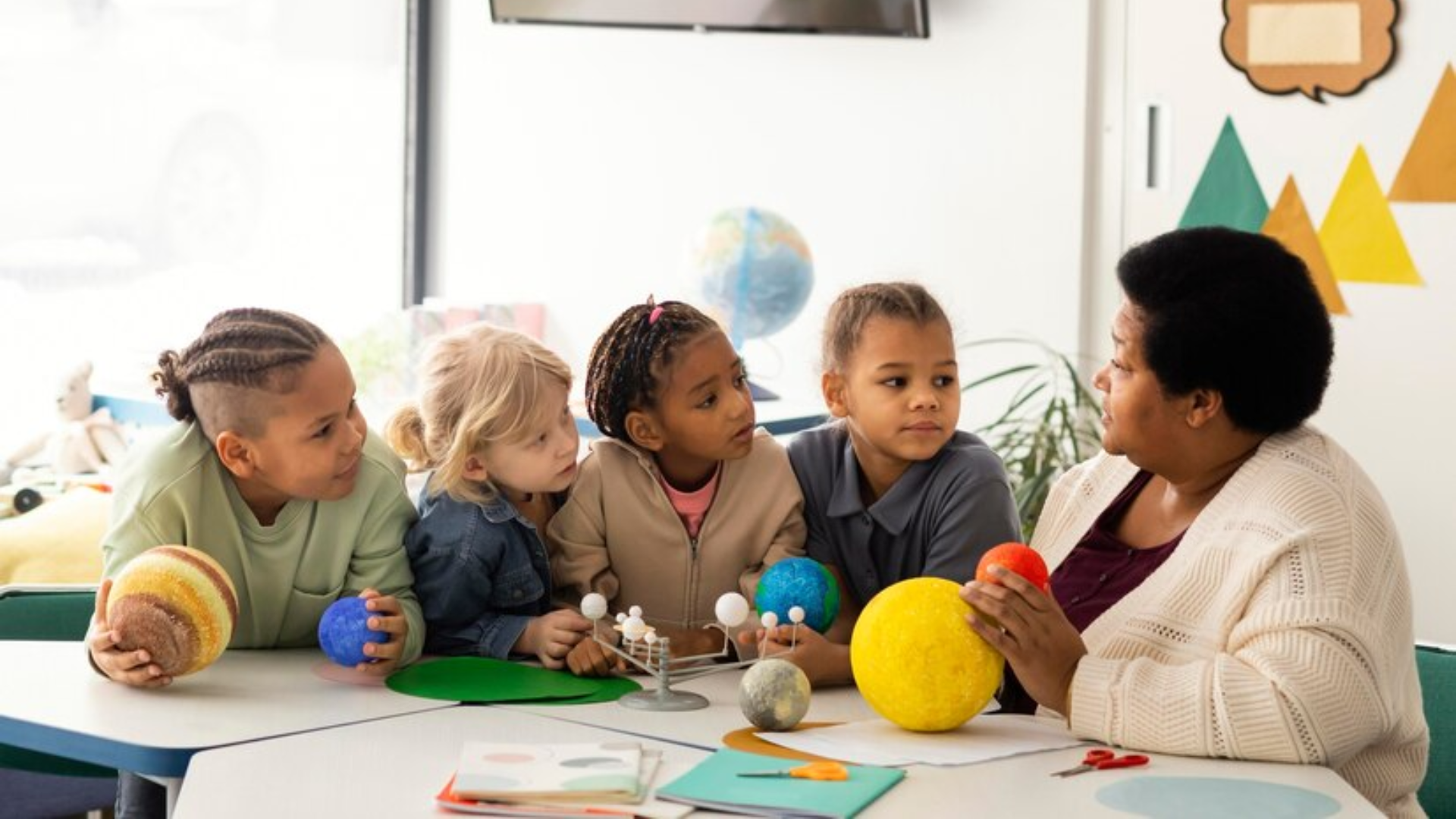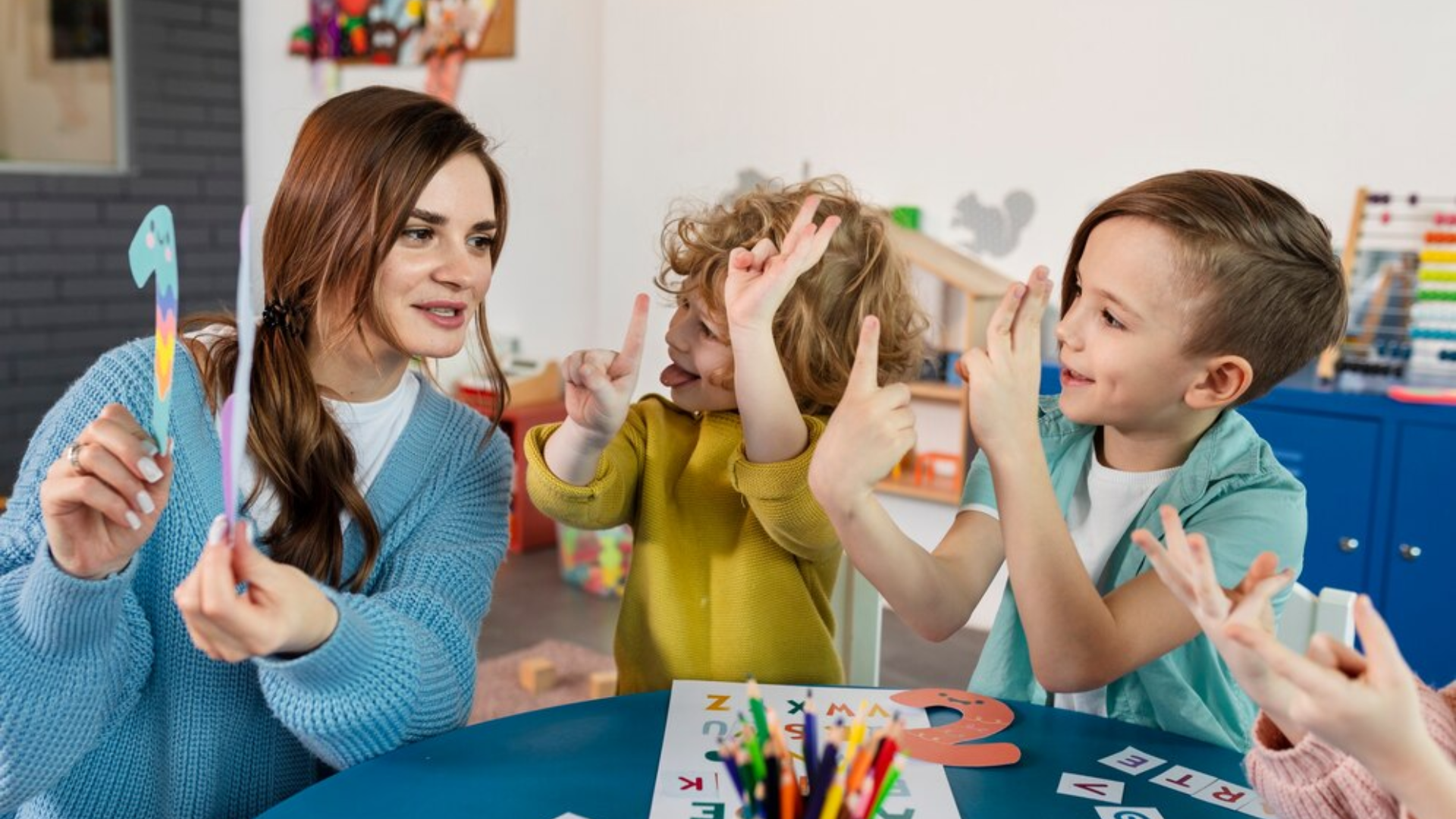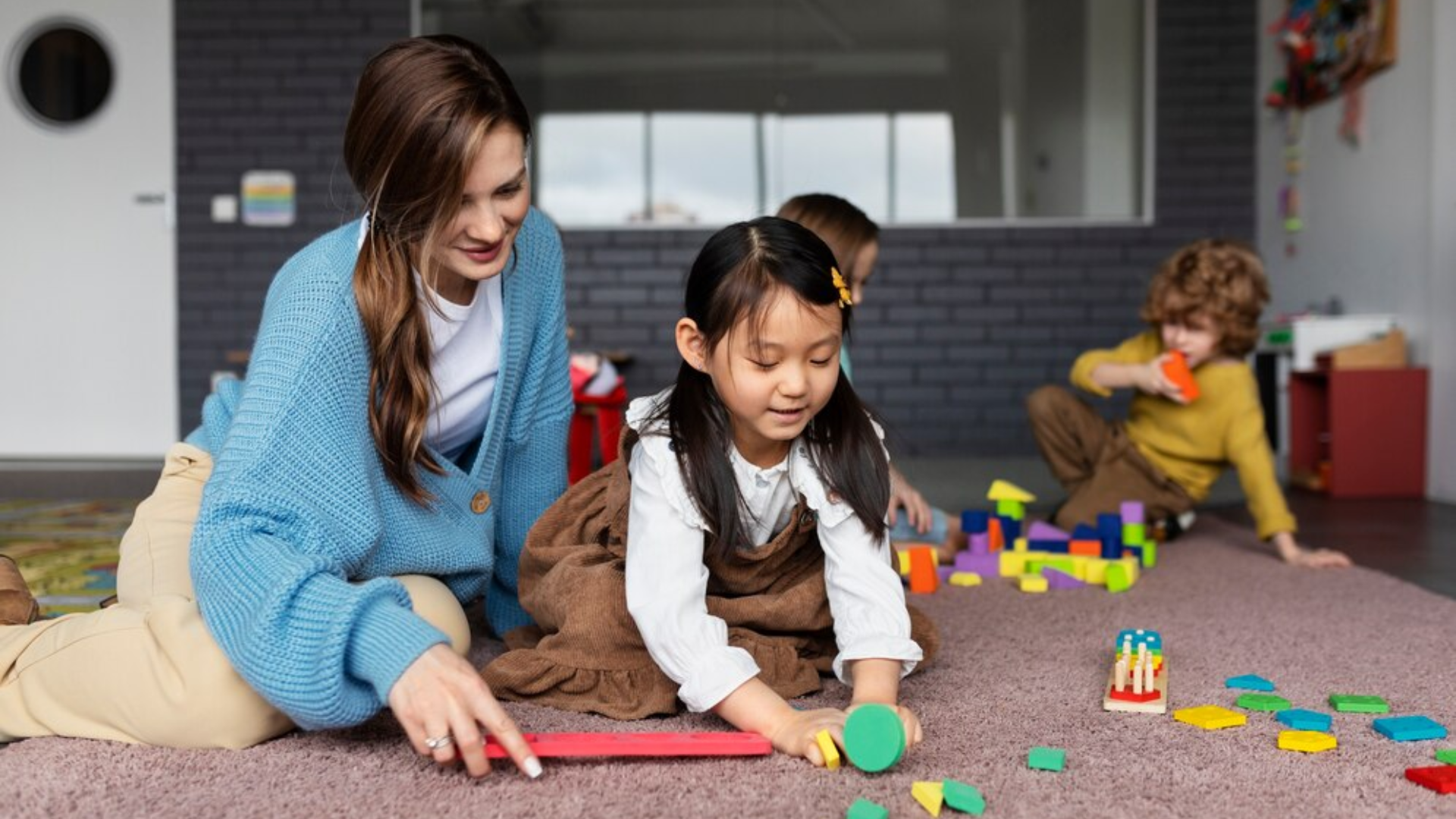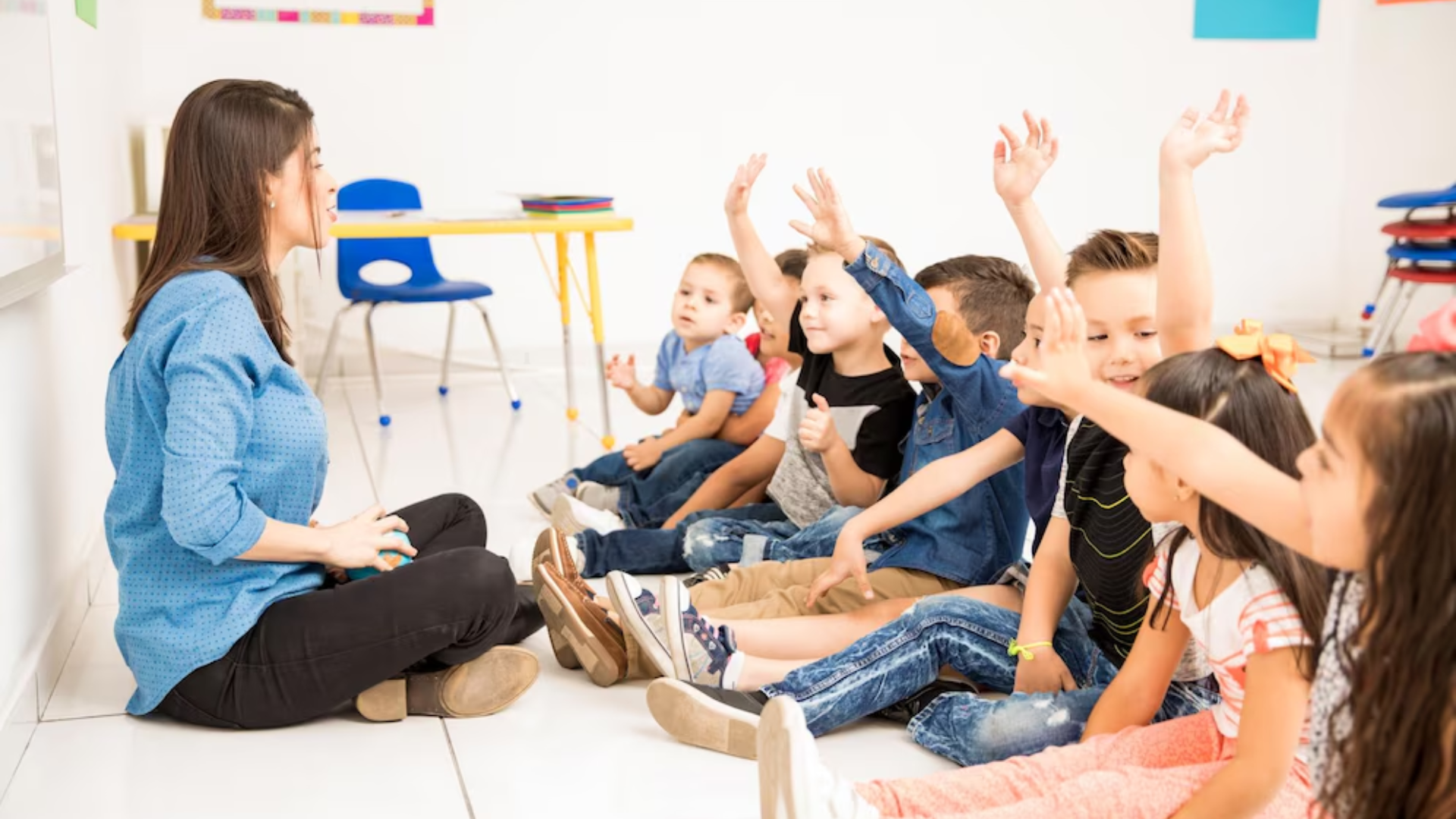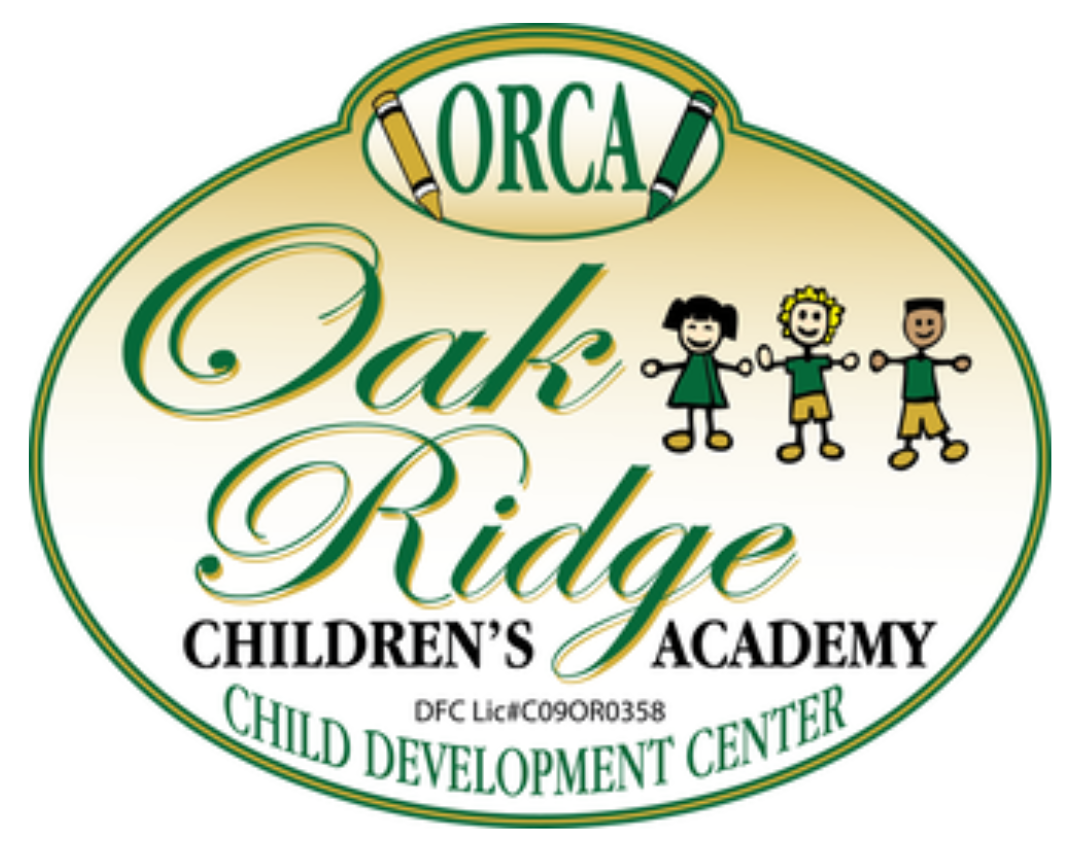Why the First Five Years Are the Most Important for Learning
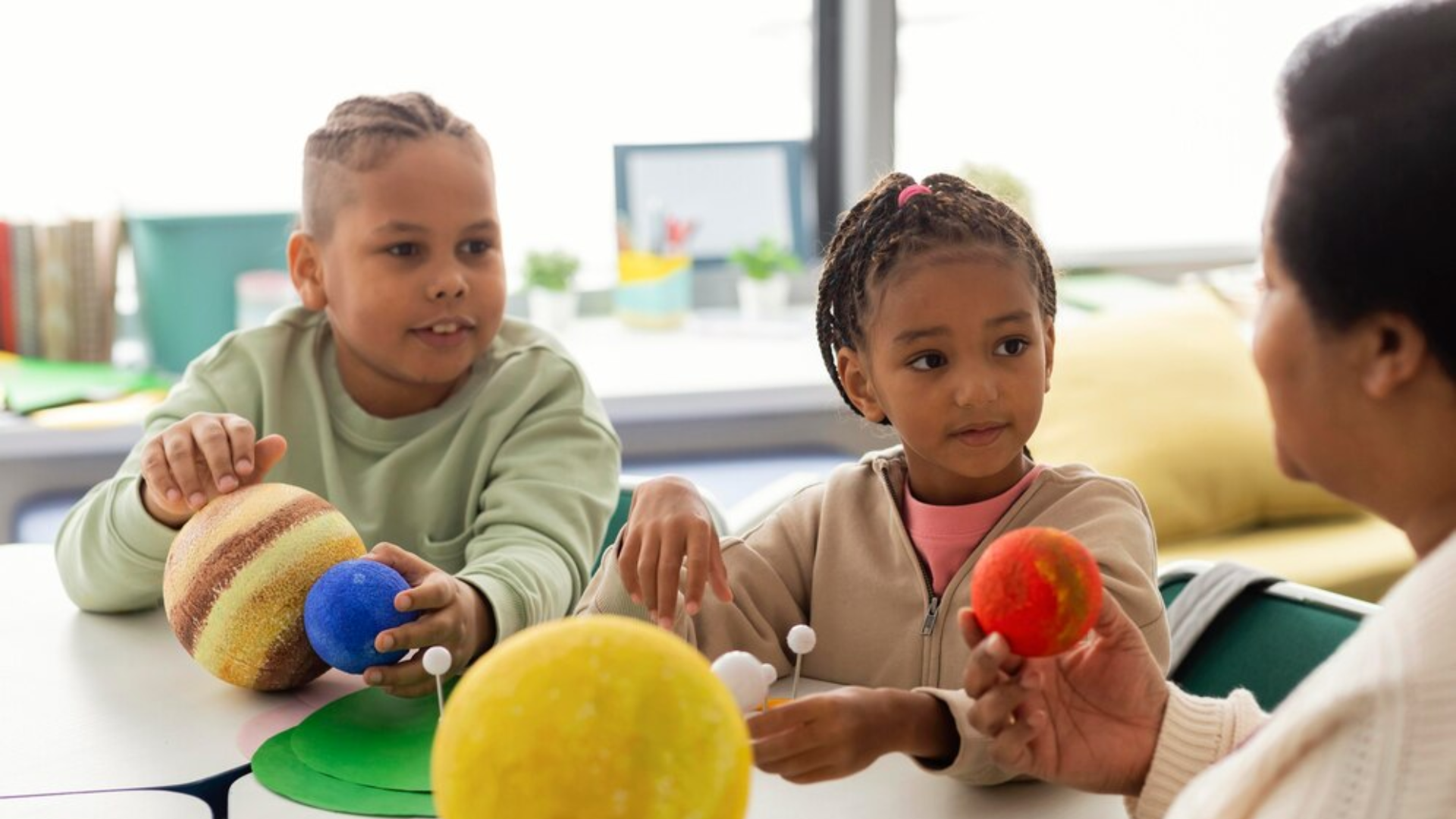
If you’ve ever wondered just how much your child is learning in the early years, the answer might surprise you. From birth to age five, children experience more rapid brain growth than at any other point in their lives. These early years are more than just the beginning of childhood—they are the foundation for all future learning, behavior, and development.
At Oakridge Children’s Academy, we believe that understanding the importance of the first five years is essential for empowering families and shaping young learners. These are the years when the brain is most flexible, responsive, and ready to learn. What happens in this time through play, relationships, routines, and rich experiences—lays the groundwork for everything that follows.
Let’s explore why these early years matter so much, what’s happening in a child’s development during this time, and how families and educators can support the best possible outcomes.
1. Brain Development Peaks in Early Childhood
The science is clear: the human brain develops faster in the first few years of life than at any other time. In fact, by the time a child is five years old, their brain is about 90% the size of an adult brain and has formed over a trillion neural connections.
These connections called synapses are created through everyday experiences: hearing a story, stacking blocks, making eye contact, playing with others, and even helping with daily routines. Every time a child explores something new or receives loving interaction, their brain literally wires itself for future learning.
The more positive, consistent, and stimulating these experiences are, the stronger and more efficient the brain’s architecture becomes.
2. Emotional and Social Skills Begin Early
Long before children can write their name or solve math problems, they are learning how to express their feelings, form relationships, and manage emotions. These social emotional skills are just as critical as academic skills—perhaps even more so in the earliest years.
During the first five years, children develop their capacity to:
- Recognize and name emotions
- Form secure attachments
- Practice empathy and kindness
- Cooperate and resolve conflicts
- Handle disappointment and frustration
These abilities are nurtured through consistent relationships with caring adults, opportunities for cooperative play, and environments that help children feel safe and understood.
At Oakridge, we create warm, responsive classrooms where children feel confident expressing themselves, learning to share, and developing friendships skills that serve as the backbone for future success in school and life.
3. Language and Communication Thrive in Early Years
Children are natural communicators, and the first five years are when language learning happens most rapidly. In fact, research shows that language exposure in the early years predicts later literacy and academic success.
From cooing and babbling to forming complete sentences, every interaction strengthens a child’s communication skills. When children are talked to, read to, sung to, and given chances to express themselves, they build essential vocabulary, listening skills, and understanding of how language works.
You can support early language development by:
- Reading together every day
- Asking open-ended questions
- Singing songs and repeating nursery rhymes
- Narrating your daily activities
- Listening patiently and responding with interest
The more words a child hears in these early years, the more equipped they’ll be to read, write, and communicate with confidence later on.
4. Early Learning Shapes Future Academic Success
It’s easy to think of “school readiness” as something that starts in kindergarten, but the truth is, it starts long before that. Studies have shown that children who attend high-quality early childhood programs are more likely to:
- Perform better in elementary school
- Graduate high school
- Attend college
- Experience fewer behavioral challenges
- Earn higher incomes later in life
These outcomes aren’t just about learning letters and numbers—they come from developing a love of learning, curiosity, problem-solving, persistence, and self-regulation.
At Oakridge Children’s Academy, we focus on whole-child development, which includes academic, social, emotional, and physical growth. Our curriculum is designed to stimulate thinking, foster independence, and prepare children to be lifelong learners.
5. Habits and Behaviors Are Formed Early
The early years are not only about academic skills—they’re also when children begin forming the habits, attitudes, and behaviors that shape how they approach life.
In the first five years, children begin to:
- Understand routines and structure
- Develop self-help skills like dressing or feeding themselves
- Build attention span and concentration
- Show initiative and curiosity
- Gain confidence in their abilities
When children have consistent schedules, clear expectations, and encouragement to try new things, they build positive habits that will serve them well in school and beyond.
These habits are not hardwired—they are learned. That’s why early childhood programs that focus on responsibility, independence, and kindness have such a lasting impact.
6. Early Intervention Is More Effective Than Later Remediation
One of the most powerful reasons to invest in the early years is that early identification and support are far more effective than trying to “catch up” later. Whether it’s speech delays, learning challenges, or emotional regulation difficulties, the earlier these concerns are addressed, the better the outcome.
Because the brain is still highly adaptable in the early years, targeted interventions can often resolve or significantly reduce developmental challenges. Waiting until later not only makes intervention more difficult—it can also affect a child’s self-esteem and academic confidence.
At Oakridge, our teachers are trained to observe developmental milestones and partner with families to support each child’s unique needs. Our proactive approach ensures that children get the help they need when it matters most.
7. Play Is Powerful Learning
One of the best ways children learn in the early years is through play. When children build with blocks, pretend to be doctors, dig in the sand, or create art, they are not just “having fun”—they are experimenting, solving problems, expressing emotions, and developing critical thinking skills.
Play supports development in every domain:
- Cognitive: exploring cause and effect, counting, sorting
- Social: taking turns, negotiating roles, expressing ideas
- Language: storytelling, labeling, asking questions
- Physical: fine and gross motor skills, balance, coordination
A play-based, child-centered approach—like what we offer at Oakridge—honors children’s natural way of learning while setting the stage for future academic achievement.
Understanding the science behind early childhood brain development is crucial for fostering independence in toddlers, as these early years lay the foundation for growth and self-confidence. Explore the
Science Behind Early Childhood Brain Development and learn effective strategies for promoting independence in toddlers in our post on
How to Encourage Independence in Toddlers.
Conclusion
The first five years of life are not just the beginning of a child’s journey—they are the foundation of who they will become. During these years, the brain develops more rapidly than at any other time, laying the groundwork for everything from learning and language to social skills and emotional resilience.
At Oakridge Children’s Academy, we know how powerful these early years can be. That’s why our programs are designed to nurture the whole child through meaningful play, loving relationships, and intentional learning experiences. We believe that when families and educators work together to support early development, children are better prepared for school—and for life.
If you're looking for a place where your child will be seen, supported, and celebrated during these most critical years, we invite you to discover the Oakridge difference.
